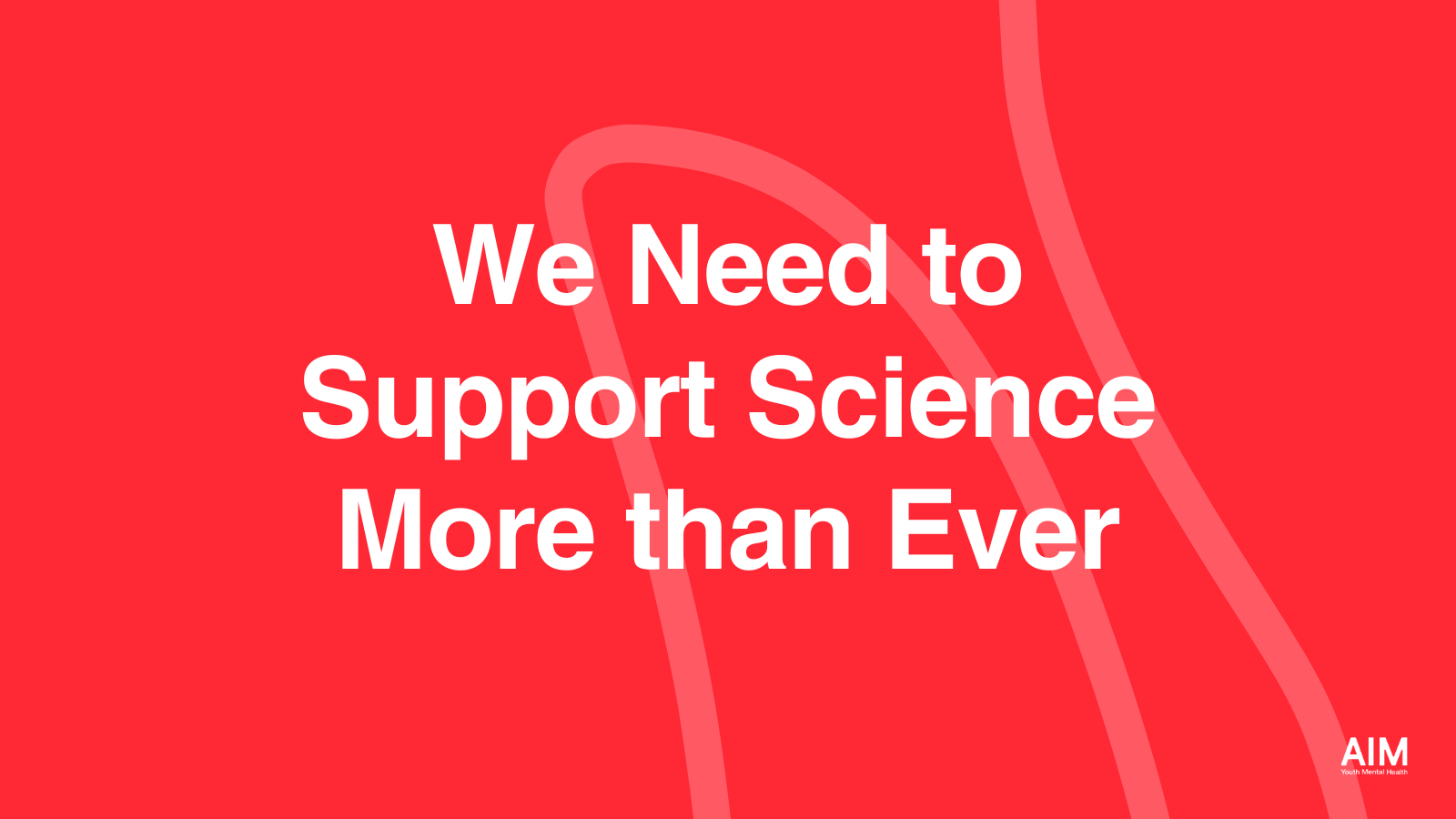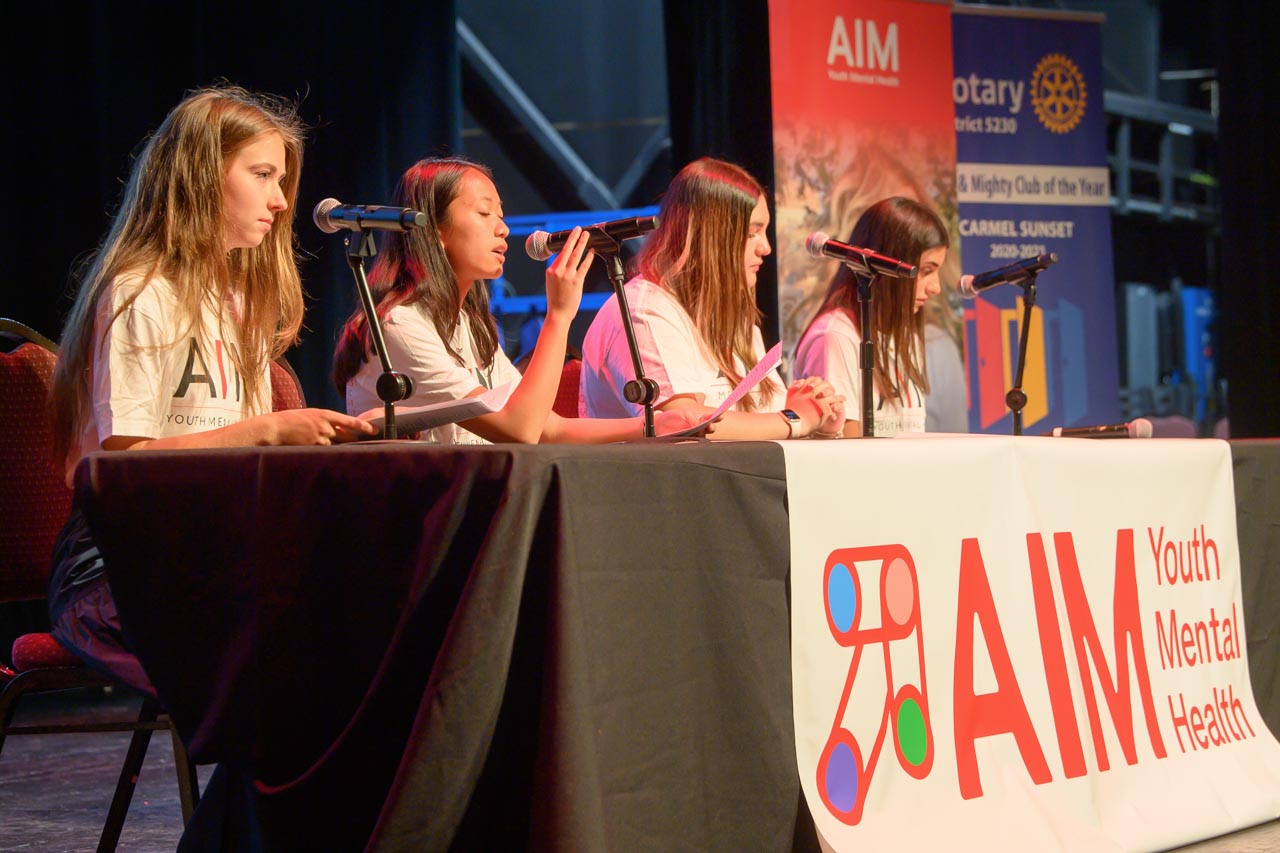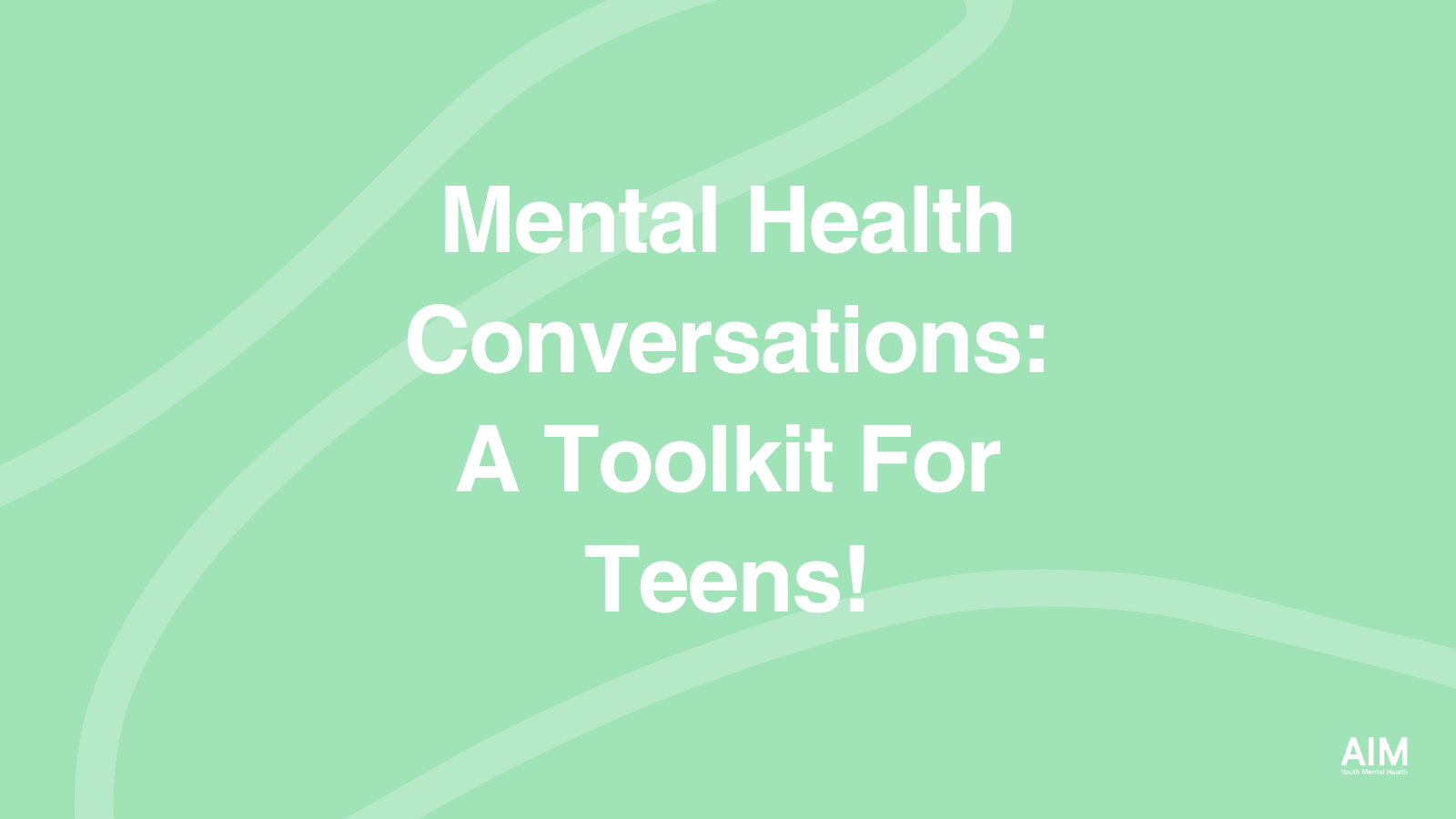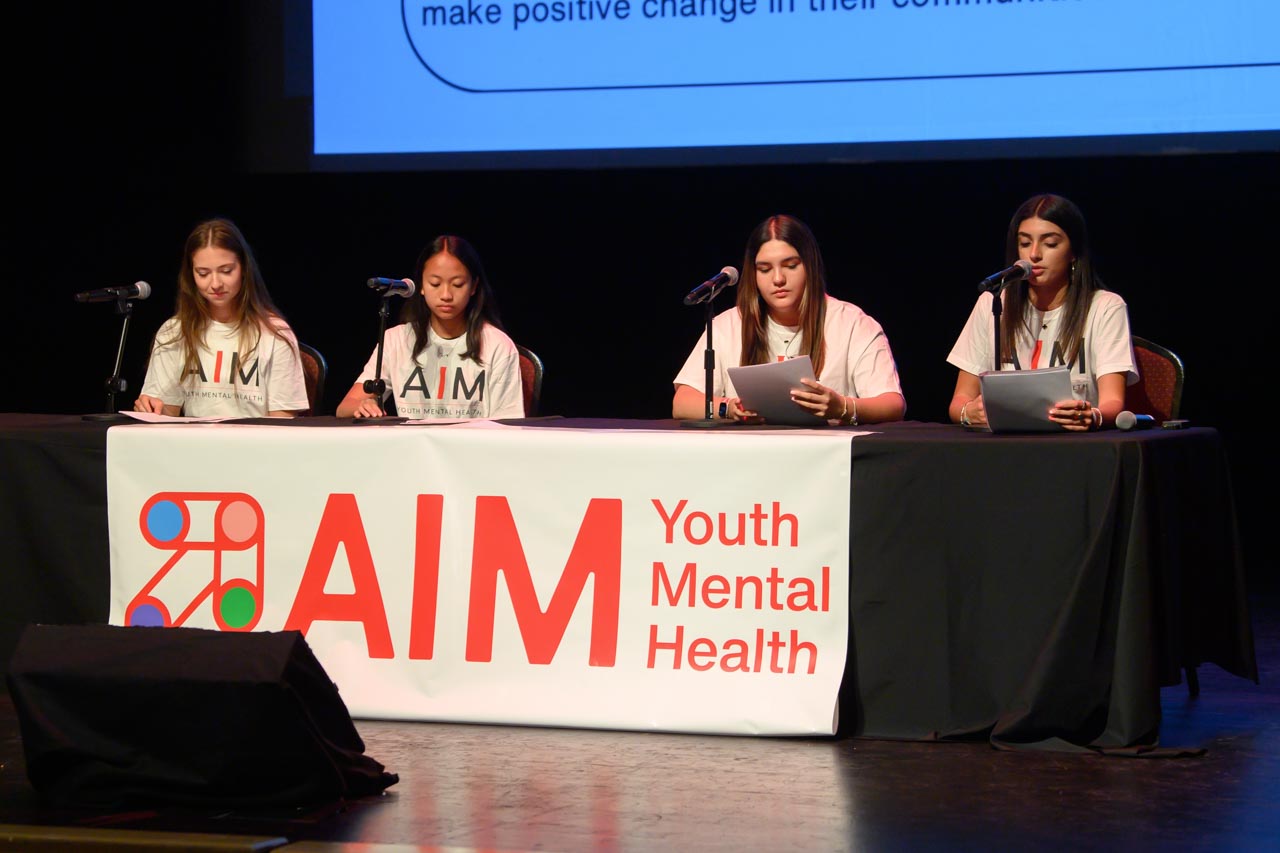If you’re reading this, chances are that you are familiar enough with mental health that the idea of destigmatization might feel “so 2020”. It’s true that the global pandemic shot mental health into the cultural zeitgeist in a way previously unseen. Folks were finally acknowledging that mental health is not only real, but vital to our overall well being.
Nowadays, each May/Mental Health Awareness Month, I find myself thinking, “we need more… how can we keep pushing this conversation forward?” And then, this year’s *AIM Ideas Lab Results landed in my inbox; one finding in particular ringing in my ears…
Of the 140 youth surveyed throughout San Diego County, the majority answer to ‘what would encourage you to seek help’ was ‘feeling like their issues are valid enough to receive support’.

This left me absolutely breathless.
Some of our youth feel like their biggest motivator to seeking help is if they deem their problems worthy of that help. Immediately, the imperative need for destigmatization efforts came rushing back to me.
Because the truth is: there is no such thing as a “valid enough” problem and we need to do a better job communicating that to the next generation.
While the context of our stories will always be different, the emotional rollercoaster of life is the same for almost all of us. It’s why films and books can bring us to tears, why a song can plunge us into a nostalgic haze… even if you have not experienced the same story, you know the same: amazement, grief, admiration, worry, happiness, annoyance, remorse, and optimism.
We are not meant to go it alone.
Comparing one problem to the next is a losing game when we all understand the emotional toll behind it. If you wait for the day a problem suddenly becomes “worthy” of the support, you may find yourself waiting a very long time… either moving the goalpost further or continuously playing Trauma Olympics, keeping you stuck in the same place out of performative gratitude.
Yuval Noah Harari’s book Sapiens: A Brief History of Humankind is a detailed account of humanity’s evolution including how crucial community has been to our very survival. This has been reiterated in a plethora of psychology research, including one meta-analysis encompassing more than 300,000 participants that found individuals with strong social relationships had a 50% increased likelihood of survival than those with weaker or no social ties.
Beyond survival, social support has a monumental impact on our mental health and wellbeing, particularly post-COVID. As Harai reiterates in Sapiens, “Family and community seem to have more impact on our happiness than money and health. People with strong families who live in tight-knit and supportive communities are significantly happier than people whose families are dysfunctional and who have never found (or never sought) a community to be part of.”
Yet, happiness eludes us because we believe we need to “figure it out for ourselves” or “save therapy for people with real problems”. To be fair, this narrative persists with reason. It is a lot harder to face our trauma, patterns or limiting beliefs head on and keep moving forward. The unknown is almost always the scarier option—even if the unknown is working on our mental health for our own betterment. This is not to negate trauma inflicted upon us whatsoever. It’s to reiterate that each story is different; each and every one of us deserves to work through our story with some help.
Because perhaps someone else has been through a similar journey. Perhaps, someone can relate to our emotional state and even provide unique and creative solutions for us to try on for size. It is in our DNA to go through this experience we call ‘life’ together, to workshop solutions and learn from one another.
No one walks this path alone and it’s no more valiant to do so individually than it is to do so with others. In fact, you might find more than support in community. You might find: solace, validation, inspiration, reverence, accountability, joy, and a reason to keep going.
This is what we need to be speaking about this Mental Health Awareness Month. This is how mental health needs to be discussed in each and every room, particularly those with listening ears from our future generations. We need to show ourselves and our youth that everyone is worthy of support, insight, and encouragement.
Imagine the world we could create by fostering this dynamic? A world where people turn towards each other, rather than turning away…
*2024 AIM Ideas Lab reports and recommendations coming soon.
____________________________________
About the Author
Meadowlark Monaghan (she/hers) is a consultant using her knowledge gained as a mental health professional to act as a liaison between brands, creators, + online communities with the field of psychology and mental health. She also co-hosts the personal development podcast, Thoughts May Vary. Her work has been seen with Madhappy, Local Optimist, The Mayfair Group, Lonely Ghost, AIM Youth Mental Health, NAMI San Diego and more.





